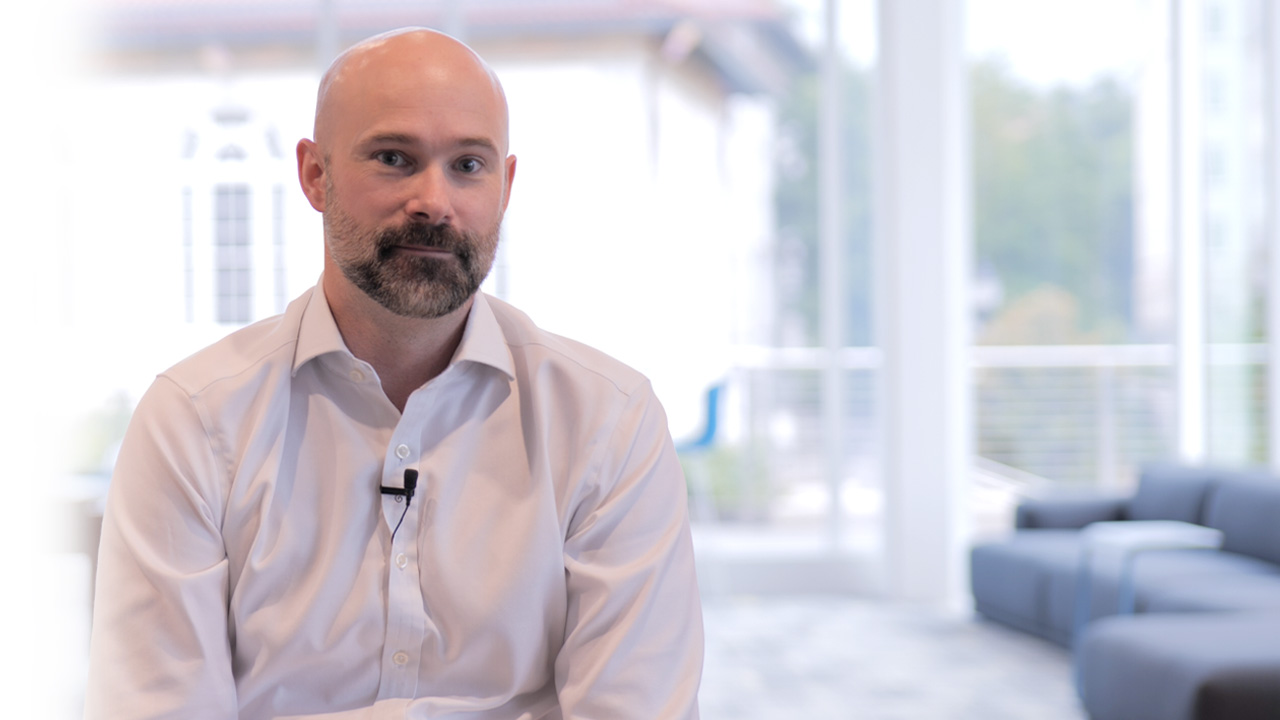College admission and the Holistic Process: The admissions process can seem complicated, unfair, and random,…
Are You a Perfectionist or are You Just too Hard on Yourself?

At one point in my life, I would’ve taken pride in claiming that I was a perfectionist. I thought it was synonymous with hard-working, polished, successful, and prideful. However, through high school and my first year of college, I started to notice that my pursuit of perfection was actually just an excuse to be self-critical and ultimately self-destructive.
Perfectionism is a flawed mindset and overcoming it can help improve your outlook on your life and yourself.
I’ve found that perfectionism manifests in many aspects of my life. It could be in seemingly trivial things like looking trendy yet appropriate for class or having cute PJs to go get water from the dorm water fountain at night. It could also mean pouring over an essay over and over again or worrying over the perfect response in a job interview. The feeling of panic at not being prepared or something not working out exactly as you planned is familiar to the perfectionist.
We tell ourselves this is necessary. That we have to have this drive for things to work out, or that it is all worth it for the finished product.
This process we go through can lead to the desired outcome: An A on the paper, getting the job, or causing someone in the hall to look twice. But you have to ask yourself, at what cost? How much did I stress over the smallest aspect of what I was trying to achieve? Was it success that motivated me, or fear of failure? Most importantly: am I being too hard on myself?

If you have to ask, the answer is probably yes. When we strive for perfection, we are looking to do things perfectly, but also to be perfect ourselves. No matter how much you try, there’s no such thing as a perfect person. We all know it. So why do we hold ourselves to this standard? It’s easy to feel gratified in your pursuit of perfection, but when it doesn’t work out, perfectionism can be detrimental to your progress and mental health.
A common struggle with this mindset is the sense that if I can’t do something perfect, I shouldn’t do it at all. Or that if it isn’t the perfect time to do something, I have to wait until it is. This stops the perfectionist from trying new things, putting themselves out there, or starting tasks. It seems strange that perfectionism can trigger procrastination, but the paralyzing fear that you will fail can stop you in your tracks when the only thing you are used to accepting is perfection.

So how can you overcome perfectionism and turn the previous toxic system into a productive one?
- Get over it. Nobody’s perfect and you aren’t the exception. Stop holding yourself to an impossible standard and learn to accept and embrace mistakes and missteps.
- Recognize when you have worked hard. Often, we fixate on the end result so much that once we have accomplished the goal it just feels as if you did what you needed to do, nothing more. Acknowledging the effort you put in to reach your goals can often be more important than the achievement itself.
- Take care of yourself. The blind pursuit of success can lead to neglect in your personal health and relationships. Taking a breather to focus on yourself will only help your productivity.
- Find joy in setting goals instead of being weighed down by obligation. Opportunities to improve yourself are exciting!
- Be brave. It can be scary to try things you aren’t experienced in or have failed at in the past, but new experience breeds growth. No one is expecting you to be perfect in everything you do, so you shouldn’t either.
Perfectionism is an imperfect way to look at your life. Failing isn’t the end of the world, and you shouldn’t let it stop you from pursuing progress. Be kinder to yourself. You deserve it.
Gracie Byers 23C
History and Finance
Houston, TX
This article was originally published on the HerCampus website. It has been republished here in-full with the author’s permission. Read the original article by visiting: https://www.hercampus.com/school/emory/are-you-perfectionist-or-are-you-just-too-hard-yourself
Don’t hesitate to connect with us by posting a comment to this blog, tweeting us @emoryadmission, or emailing us at admission@emory.edu.



Comments (0)